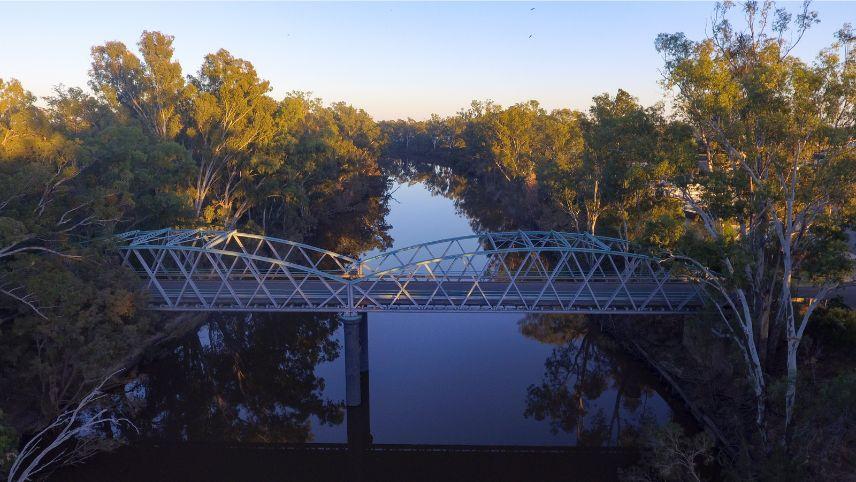
The Murray–Darling Water and Environment Research Program (MD–WERP) supports practical and relevant environmental science research. It is designed to help inform water and environment management decisions which will improve outcomes for the Basin and its communities.
There are 4 priority themes which are the focus of the strategic research component of the Program. More information about projects under each of the themes can be found at:
There are also tactical projects funded to support emerging issues in the Basin. Researchers, water policy and water managers, along with First Nations peoples, have co-designed the research program to help ensure the research meets the needs of the end users.
MD–WERP began in 2021 and concludes in 2025. Project outputs are being published as reports and datasets as well as research in peer-reviewed scientific journals. These can be accessed from:
Government partners
Australian Government partners are collaborating with a research consortium to deliver this program. The 3 partners are:
- Department of Climate Change, Energy, the Environment and Water
- Commonwealth Environmental Water Holder
- Murray–Darling Basin Authority.

Consortia
The Murray–Darling Water and Environment Research Program Research Consortium is made up of:
- CSIRO who have partnered with Deakin University to deliver research on the themes of climate adaptation and hydrology.
- La Trobe University who have partnered with Griffith University, the University of Canberra, Macquarie University and Sarah Martin Consultant Archaeologist. They are delivering research on environmental outcomes, and social, economic and cultural outcomes.
Tactical projects
MD–WERP also supports short term tactical projects that respond to emerging, high needs areas of research identified by the MD–WERP partners.
They typically involve engaging experts to undertake analysis, review or synthesis of data and information identified by an Australian Government water agency. As short-term activities these generally don’t undertake new primary research and/or collect new data, rather, they will likely deliver outputs such as packaging together the best-available knowledge in an area or apply current knowledge to a specific problem.
For example, a tactical project completed in 2023 examined and synthesised the latest science on blue-green algae and developed an assessment of whether algal blooms are becoming more frequent or severe. Another project used drones to monitor waterbirds. The researchers then developed an automated tool for counting nesting waterbirds (straw-necked Ibis) in the Basin using this drone imagery.
Find out more about these projects in MD-WERP reports and documents.
Enquiries
If you would like more information about the program, please contact MDWERP@mdba.gov.au.
Last updated: 8 May 2025